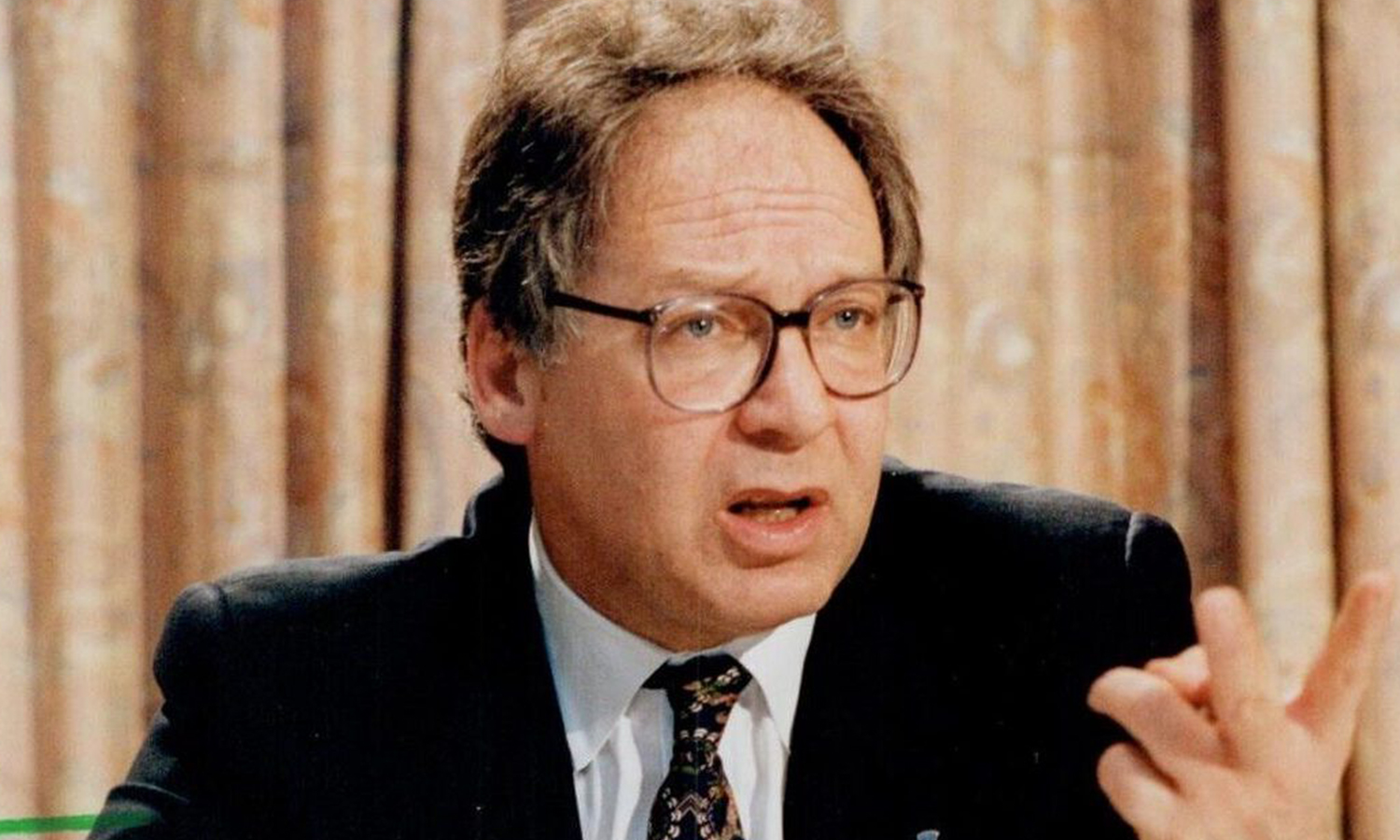In China, business leaders, as Huijin learned, are also well versed in using pride as a powerful force. In a globally renowned company undergoing transformation, she ran across intense emotions bubbling just beneath the surface of many daily interactions. Mostly well contained, the emotions are, however, played out in political intrigue and cunning influence which scuppered otherwise good initiatives for change.
A high-potential senior executive was sinking into a quagmire of “noises” for being rough with people even though he always over-delivered on performance. He was ambitious to transform the organization and justly proud to be chosen to lead many of the critical changes. He had little patience for underperforming colleagues, especially if they were also engaged in power politics. His trajectory was marred by the undertow of resistance from such colleagues. Huijin counseled him to see that others’ hopes and sources of pride were different, and that he needed to accept others as they were before attempting to influence them. Above all, he had to stop interpreting their behaviors and intentions as fundamental flaws in character. By encouraging him to explore his colleagues’ sources of pride, Huijin helped him connect their pride in the company’s past pioneering achievements to the pride in a transformed better future for all.
She stayed connected to his being throughout, acknowledging emotions while getting him to work toward a shared pride in the future company. His colleagues sensed a change: He became noticeably calmer and could stop his usual emotional hijacks as he learned to engage more with others’ views.
Note: This story is from chapter 15, page 256, of Positive Influence: First and Last Mile of Leadership by Tsun-yan Hsieh and Huijin Kong.




